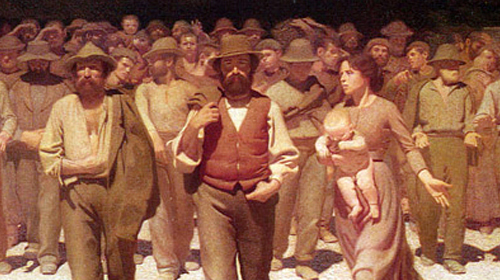Ricerca
-
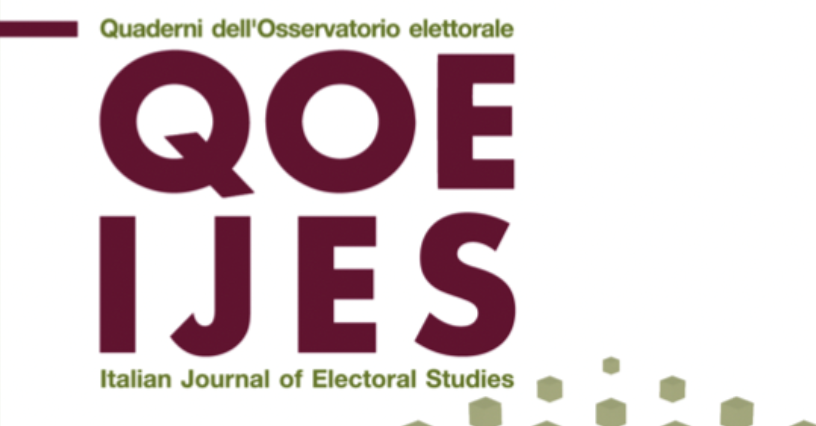
New method shows unexpected importance of economic issues: article now officially published
To cite the article: Angelucci D., De Sio L. (2021), Issue…
-

Siamo tutti postmaterialisti? Un esame del ‘cambiamento valoriale’ di Inglehart sui manifesti elettorali dell’Europa occidentale (1990-2019)
Questo articolo è una traduzione del post originale pubblicato su LSE…
-

Introducing the Late Spring 2021 CISE Seminar Series
A new, short series of five online seminars by CISE researchers,…
-

Europe matters … upon closer investigation: a novel approach for analysing individual-level determinants of vote choice across first- and second-order elections, applied to 2019 Italy
Per citare l’articolo: Angelucci, D., De Sio, L., & Paparo, A.…
-
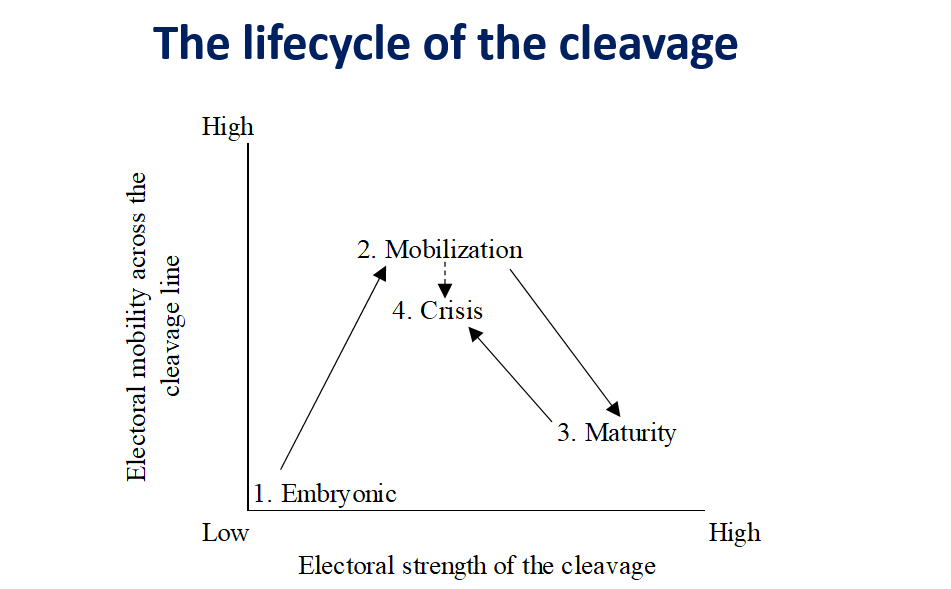
The congealing of a new cleavage? The evolution of the demarcation bloc in Europe (1979–2019)
Per citare l’articolo: Emanuele, V., Marino, B. and Angelucci, D. (2020),…
-

“Where You Lead, I Will Follow”: Partisan Cueing on High‐Salience Issues in a Turbulent Multiparty System
Per citare l’articolo: Brader, T., De Sio, L., Paparo, A. and…
-
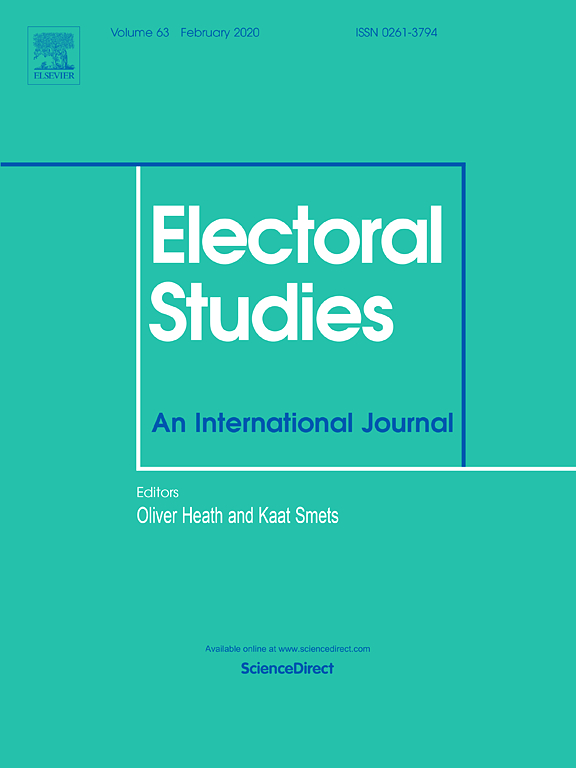
PTV gap: A new measure of party identification yielding monotonic partisan attitudes and supporting comparative analysis
Per citare l’articolo: Paparo, A., De Sio, L., & Brady, D.…
-
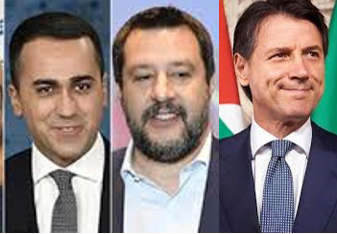
Salvini’s success and the collapse of the Five-star Movement: The European elections of 2019
Per citare l’articolo: Chiaramonte, A., De Sio, L. and Emanuele, V.…
-

Party crashers? Modeling genuinely new party development paths in Western Europe
Per citare l’articolo: Emanuele, V. and Sikk, A. (2020), ‘Party crashers?…
